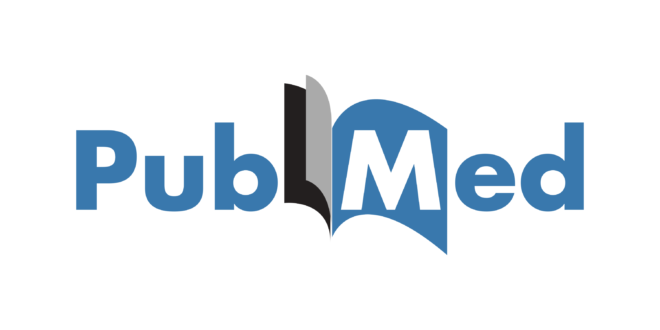Background: Acupuncture has been extensively applied to manage irritable bowel syndrome (IBS) in clinical practice in China. Some randomized controlled trials (RCTs) have demonstrated their efficacy, but it has rarely been compared with first-line antispasmodics to verify their effectiveness. Therefore, we compare acupuncture with antispasmodics in the treatment of IBS by …
Read More »
 Acupuncture Times Read the latest acupuncture research articles about acupuncture, Chinese herbal medicine, cupping therapy and moxibustion.
Acupuncture Times Read the latest acupuncture research articles about acupuncture, Chinese herbal medicine, cupping therapy and moxibustion.
